A federal judge in Washington is contemplating holding Catherine Herridge in contempt for refusing to identify her sources. These sources reportedly provided her with information about a certain Chinese-American scientist who got picked up by the FBI.
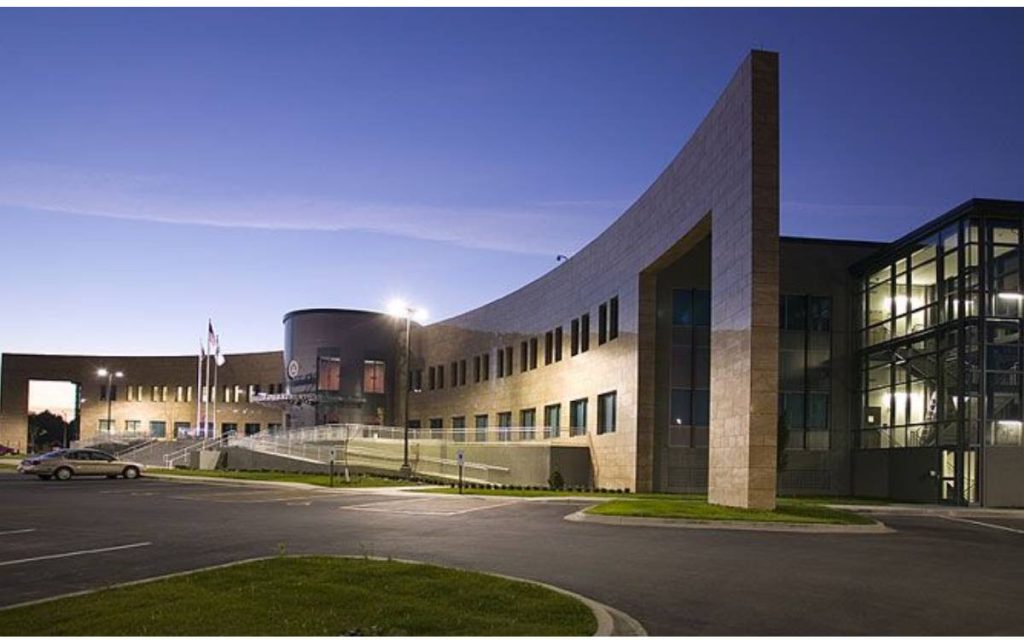
Where It All Began
Catherine Herridge, who works at CBS, was previously ordered by the judge to disclose her sources under oath. These sources were reportedly where she got information for the stories she wrote about Yanping Chen.

Herridge, a veteran journalist aware of her First Amendment rights, has refused to disclose her sources. She believes that it goes against her code as a journalist.
Who Is Yanping Chen?
Yanping Chen is a Chinese-American scientist who was investigated for years by the government. She was suspected of lying on immigration forms related to work on a Chinese astronaut program. She has since sued the government, alleging that details from the probe were leaked, ultimately damaging her reputation.

The FBI reportedly investigated Chen. However, in the end, she was not charged.
Chen Wants to Know Herridge’s Sources
Under normal circumstances, journalists are not mandated to reveal their sources to protect them and their credibility. However, in this situation, Chen is requesting to know the sources.

Is this enough grounds for the court to bypass the First Amendment law, thereby forcing Herridge to reveal her sources? Chen’s legal team seems to think so.
Herridge Responded With a Strong “No!”
Herridge has refused to divulge to Chen’s lawyers how she acquired her information, and they are asking U.S. District Judge Christopher Cooper to hold the reporter in contempt. The sanction could result in considerable monetary fines or jail time until she complies.

The lawsuit has been running for quite some time, but the case is nearing a critical decision point that will have powerful effects on journalism.
Why Is the Case So Important?
There is a lot at stake where the lawsuit is concerned. A journalist’s professional obligation is to protect sources at stake and an individual’s right to pursue compensation over perceived privacy violations by the government.
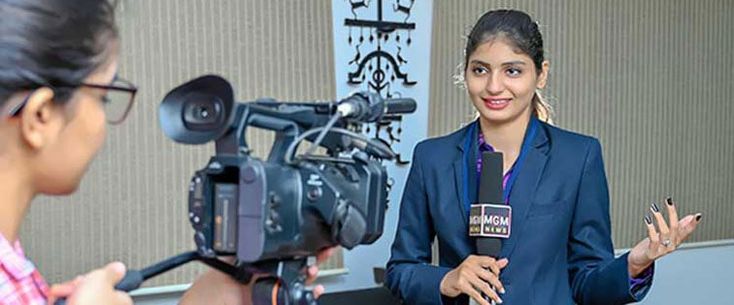
Media advocates are closely observing the case. They believe forcing journalists to betray a promise of confidentiality could spook sources, causing them to think twice before providing critical information to reporters, especially in government-related cases.
What Experts Think
Longtime First Amendment attorney Floyd Abrams knows too well how this case may go. He represented New York Times reporter Judith Miller, who was sentenced to 85 days in jail after she was held in contempt for refusing to divulge a source in an investigation of leaks about an undercover CIA agent.

He believes forcing Herridge to divulge her sources will eventually mean less information for the public, especially regarding significant stories.
What Does the Judge Think?
It is unclear when the judge will rule on Chen’s request to hold Herridge in contempt. However, the judge knows how high the stakes are.
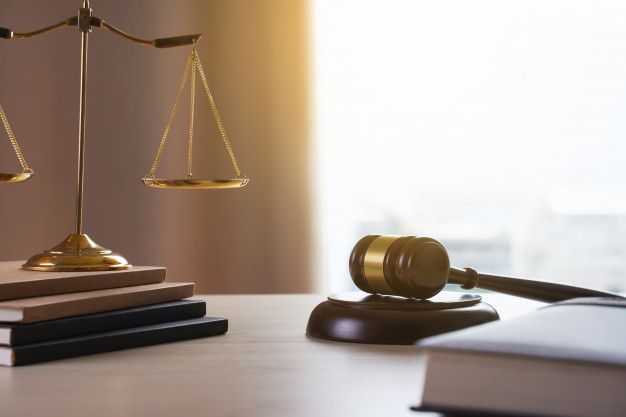
He wrote that while “The Court recognizes both the vital importance of a free press and the critical role that confidential sources play in the work of investigative journalists like Herridge, Chen’s need for the requested evidence” comes first.
What Were Herridge’s Stories About?
Herridge’s stories were published and aired by Fox News in 2017. They went live one year after Chen was informed she would not face any charges in the FBI’s yearslong investigation into her.
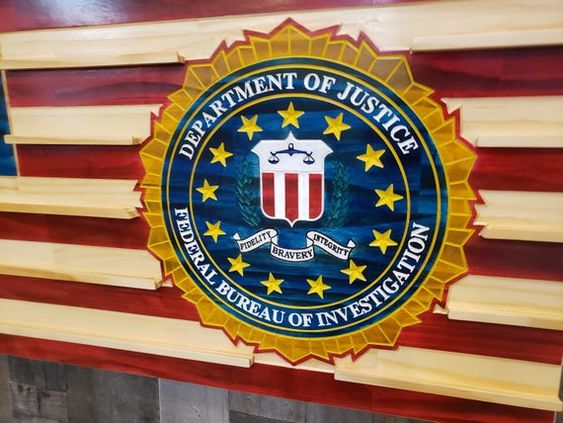
The stories looked into Chen’s former alleged ties to the Chinese military and whether she had used her professional school in Virginia to help the Chinese government get information about American servicemembers.
The Reports Depended on Items From the Probe
Herridge’s reports were given credibility by items leaked from the probe on Chen. This included snippets of an FBI document summarizing an interview conducted during the investigation, personal photographs, as well as information taken from her immigration form and naturalization form, and an internal FBI PowerPoint presentation.
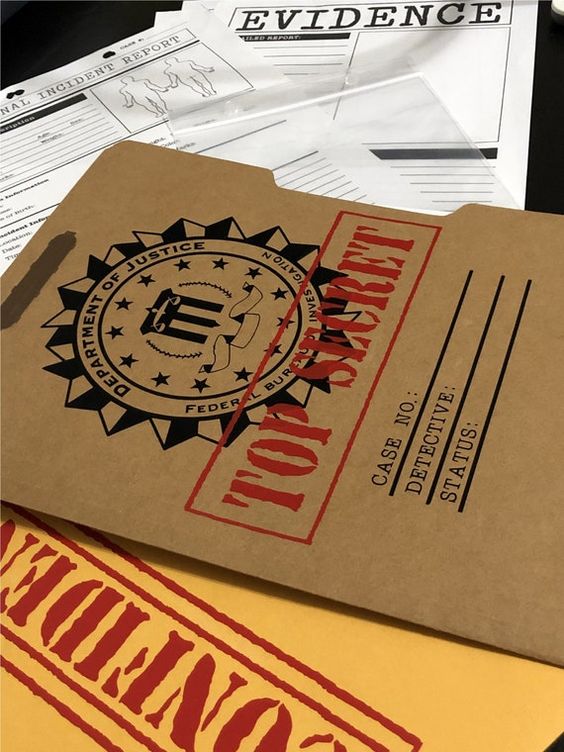
In September 2023, Herridge was forced to appear for an interview under oath.
What Herridge Said in the Interview
During the interview, Herridge repeatedly refused to answer questions about her sources. Rather than give the required answers, she said:
“My understanding is that the courts have ruled that to seek further judicial review in this case, I must now decline the order, and respectfully I am invoking my First Amendment rights in declining to answer the question.”

Why Herridge Won’t Reveal Her Sources
Herridge’s attorney, Patrick Philbin, said that forcing her to expose her source(s) would not only destroy her credibility but hurt her career.
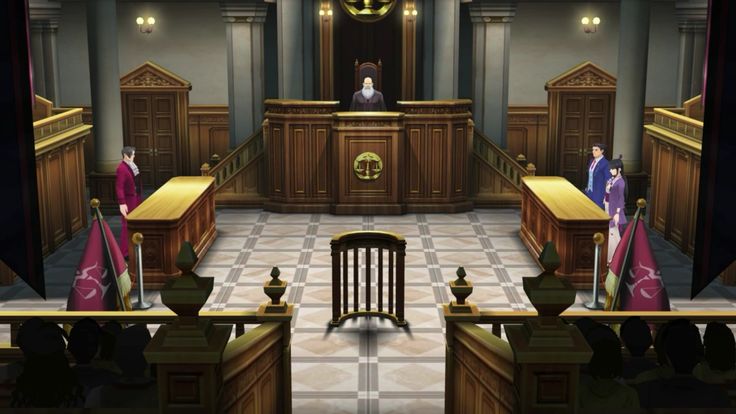
He wrote in court papers: “The First Amendment interest in protecting journalists’ sources is at its highest in cases like this, involving reporting on national security. And confidentiality is critical for government sources who may face punishment for speaking to the press.”
Media Networks Support Herridge
Fox has expressed its support for Herridge’s stance in a statement. The network said, “Sanctioning a journalist for protecting a confidential source is not only against the First Amendment but would have a chilling effect on journalism across the country as the ability to hold truth to power is essential in a democracy.”

CBS News has also supported Herridge, expressing the same sentiment. As far as they are concerned, everyone should be interested in the case’s outcome as it will have far-reaching consequences.
